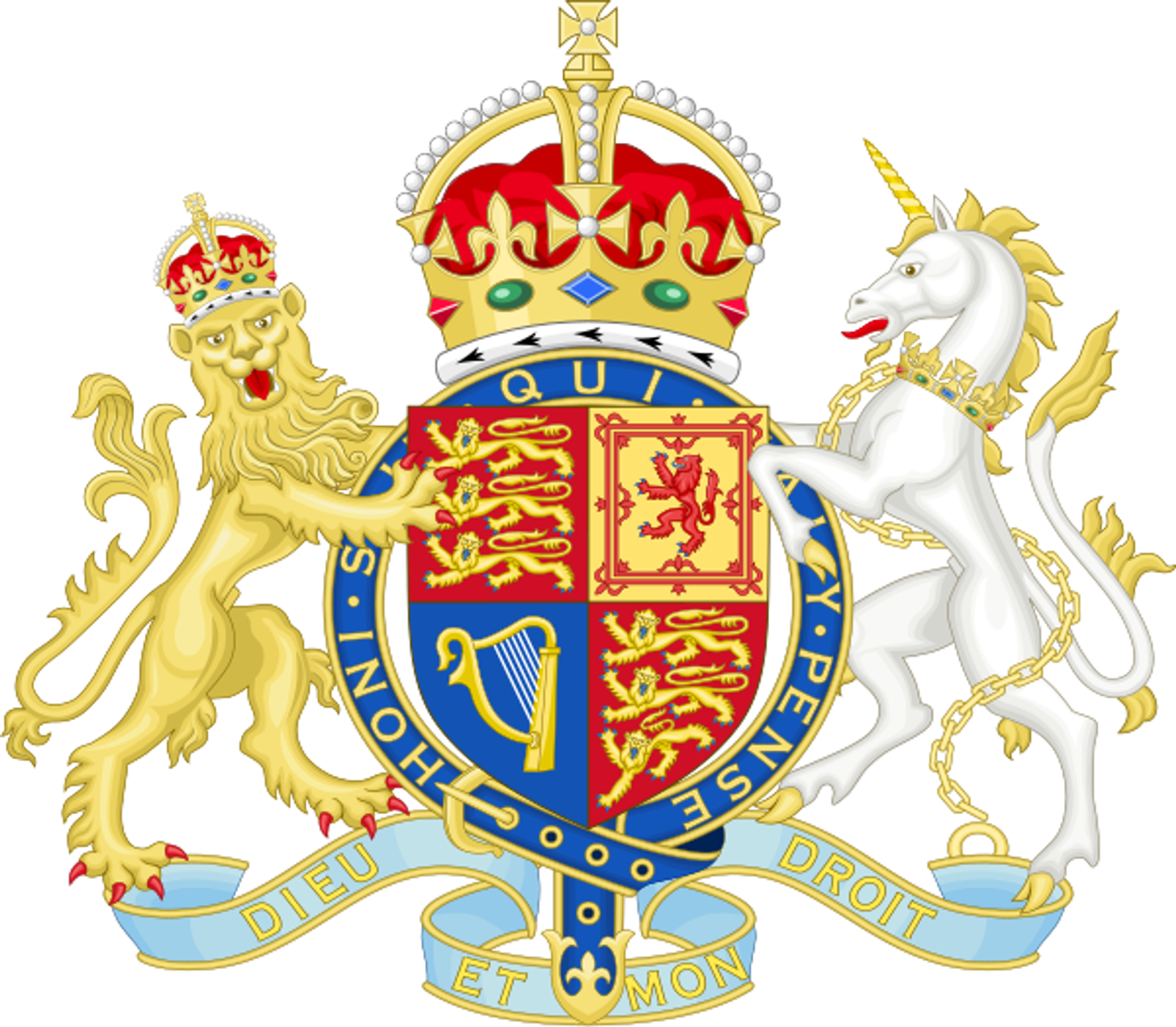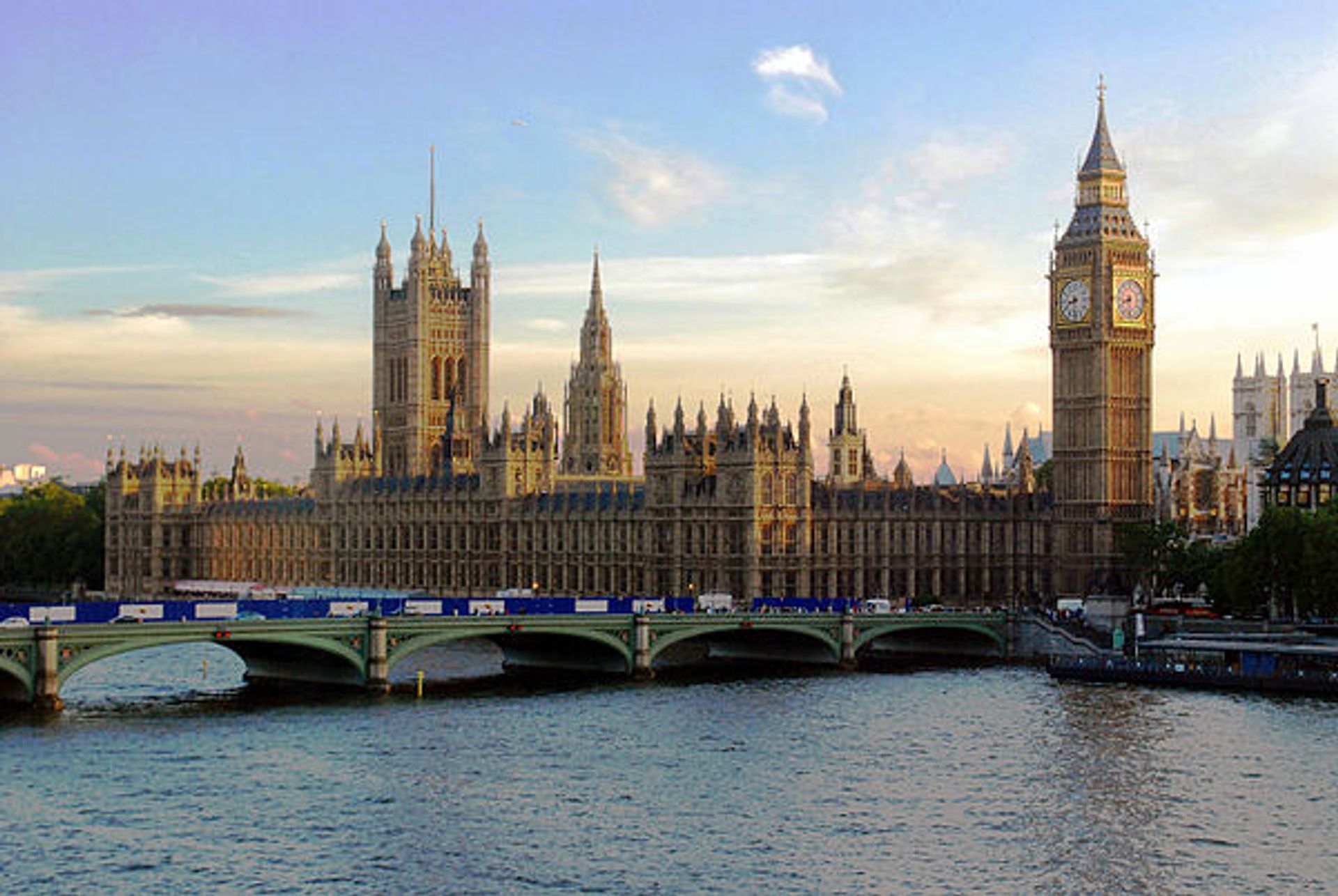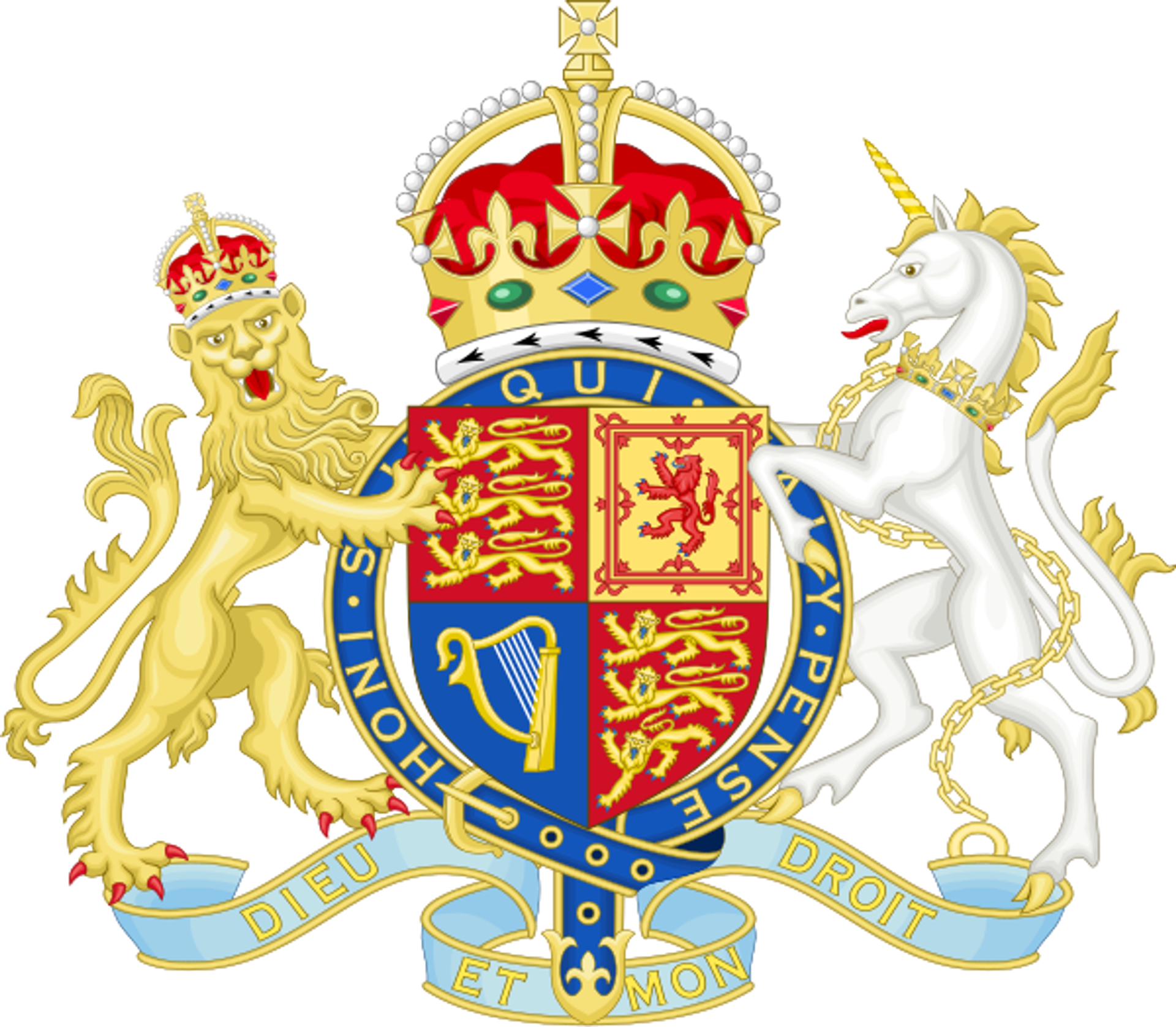
Secret Intelligence Service
What do people say about Secret Intelligence Service?
The perception of the Secret Intelligence Service (MI6) in the UK is fraught with ambivalence. While it is occasionally lauded for its role in national security and global intelligence collaboration, there is a significant undercurrent of distrust regarding its methods and motivations. Critics argue that MI6 operates with a lack of transparency, which raises ethical concerns about its operations abroad. Furthermore, the agency's historical entanglements in controversial activities have tarnished its image, leading to public skepticism about its true effectiveness in safeguarding national interests.
Where are the conversations happening?
The discourse surrounding MI6 varies significantly across different media channels. Outlets like The Guardian tend to focus on the ethical implications of MI6's operations, highlighting transparency issues and criticisms from human rights advocates. In contrast, more conservative sources may emphasize the agency's successes in counter-terrorism and intelligence-gathering. This dichotomy leads to critical discussions particularly around the agency's perceived overreach and historical missteps, with The Independent and BBC often serving as platforms for a more balanced examination. Overall, the conversation is polarized, reflecting broader societal debates about security versus civil liberties.
What are the topics trending around Secret Intelligence Service?
Discussions are emerging around the ethical implications of intelligence operations, particularly in light of recent revelations regarding surveillance practices and accountability.
Why are these topics trending?
These discussions are fueled by increased public interest in privacy rights and government accountability, especially as technology evolves and the capabilities of intelligence agencies expand, prompting a reevaluation of the balance between security and individual freedoms.
How is Secret Intelligence Service being talked about?
Detailed breakdown of public sentiment and conversations about this entity.
Impact vs Sentiment
See how each entity's high impact percentage relates to their positive sentiment percentage from actual mentions.





